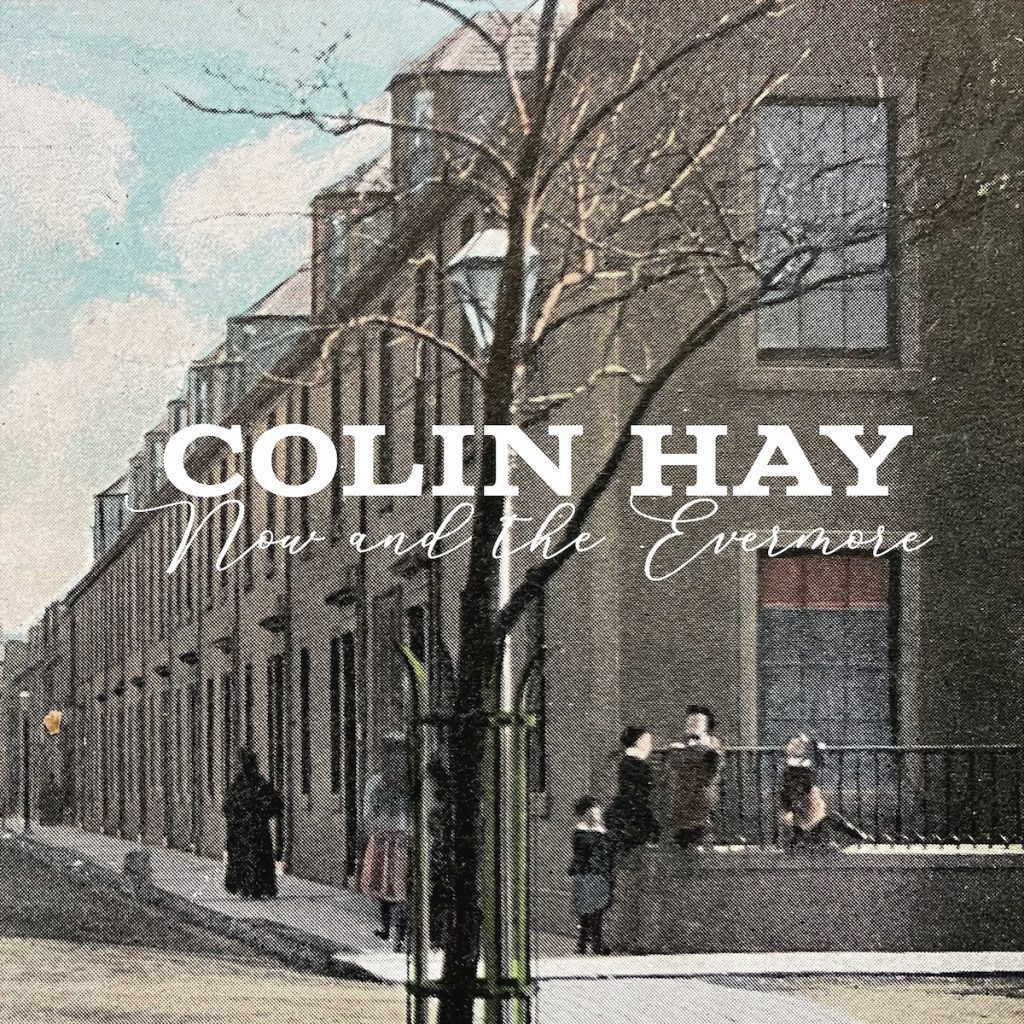ALBUM REVIEW: Colin Hay Keeps Optimistic Contemplating ‘Now and the Evermore’

For all new wave outfit Men at Work’s impact, which includes releasing several defining hits of the ’80s, they spent precious little time atop the charts. The band had its last top-ten hit in 1983, a mere two years after they unleashed “Down Under” and became international stars. More quietly, in the decades since the group disbanded, singer and guitarist Colin Hay has built a steady catalog of work that often finds him taking on the role of reluctant truth-teller. “I Just Don’t Think I’ll Ever Get Over You,” a resigned cut from 1998’s Transcendental Highways (and, later, the soundtrack for 2004 film Garden State), remains perhaps the most irrefutable sign that underneath all the ’80s excess, Hay was always a great songwriter.
There’s nothing quite so affecting as that song on Now and the Evermore, Hay’s 15th studio album, and perhaps that’s the point. For a work concerned with the mortality of its creator, the album is strikingly optimistic. “Nobody gets a sequel, no / Everyone gets shown the door,” Hay sings on the jangly title track, sounding almost elated by the ephemerality of his own life. Elsewhere, on the Celtic-tinged “All I See Is You,” Hay’s repetition of the song’s title evokes not the pain of a love that is lost but rather his own stubborn determination to be reconnected.
There’s a mythic quality to several of the songs — images of nature as a healing force recur — which allows Hay to escape the crises of the present in his search for higher understanding. The fable-like “Agatha Bell” describes a woman whose life becomes eminently more enchanting after the death of her husband. “So, for Agatha Bell, it ended very well / And Agatha fell in love again,” Hay shrugs, delighted if unsurprised by his creation’s good fortune. Even “Undertow,” which marries mournful slide guitar with a dramatic string arrangement, is oddly tranquil even as the lyrics warn of present danger.
Now and the Evermore is lighthearted, but not deludedly so, and it succeeds in never sounding prescriptive. Hay’s taste for whimsy occasionally gets the best of him (“Starfish and Unicorns” is a bridge too far), but the album is largely even keeled. The arrangements are layered without feeling cluttered, an easygoing mix of soft rock and acoustic pop. The closing track, “When Does the End Begin?” alludes to feelings of emptiness and loss, but again the mood is light. The album ends much like it begins, with Hay evincing an enviable lack of anxiety as he works to answer life’s most pressing questions.



